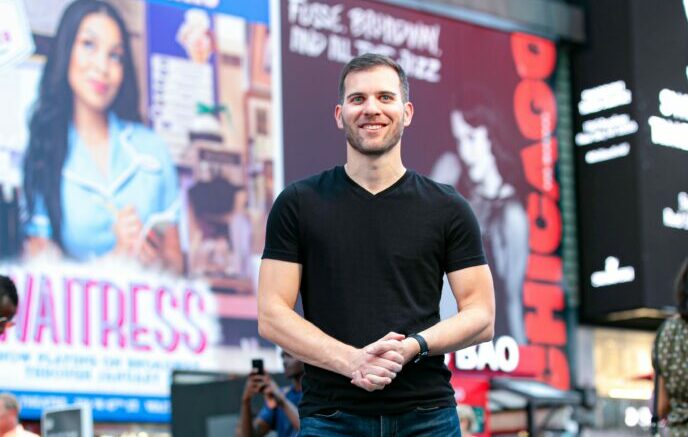We were lucky to catch up with Lauren Weiner recently and have shared our conversation below.
Lauren, first a big thank you for taking the time to share your thoughts and insights with us today. I’m sure many of our readers will benefit from your wisdom, and one of the areas where we think your insight might be most helpful is related to imposter syndrome. Imposter syndrome is holding so many people back from reaching their true and highest potential and so we’d love to hear about your journey and how you overcame imposter syndrome.
When I was a new therapist, I felt like such an imposter. I was pretty young, didn’t have a lot of life experience, and I doubted my clinical abilities. Some of my early supervisors reinforced these doubts and questioned whether I had anything meaningful to offer. Thankfully, I was lucky to have other supervisors who believed in me and encouraged me to keep going.
Imposter syndrome felt like self-doubt. I felt like a fraud with nothing to offer, just waiting to be found out. What I realized over time was that therapy is not about knowing everything– it’s about being a guide on someone’s journey. I didn’t have to memorize the DSM, I had to build relationships, and that’s something I’m really great at.
I don’t believe imposter syndrome ever totally goes away. That’s just part of being human. Therapy involves one flawed person guiding another, so it’s natural to notice my own flaws and question why a client would trust me of all people. But I believe it’s these very flaws that make me human, relatable, and real. It makes the therapeutic relationship authentic and powerful.

Thanks for sharing that. So, before we get any further into our conversation, can you tell our readers a bit about yourself and what you’re working on?
I specialize in working with women in their teens, 20s, and 30s who are feeling who are feeling overwhelmed by high expectations. I help clients navigate anxiety, self-esteem issues, and the pressures of being high achievers. I help my clients learn to be their authentic selves without fear of judgment from their family and friends.
My approach to therapy is about what works best for each client. I blend different techniques to meet each client exactly where they are, helping them build on their strengths, understand their thoughts and feelings, and feel more empowered.
As a Certified Clinical Anxiety Treatment Professional (CCATP), I can cut through the BS and see to the core of what’s driving each client. My clients say I’m laid-back, relatable, and insightful. They love coming to my office and getting comfy on my couch with their favorite cozy blankets and pillows!

If you had to pick three qualities that are most important to develop, which three would you say matter most?
Self-awareness: There have been many times on my journey that I have had to tune into myself and realize that I was deviating from the path I’d meant to be on, or that I was no longer aligning with my values, or that I was burning out. The ability to listen to my needs and my own inner wisdom has been key to my journey.
Community: I wouldn’t be where I am without the people who have supported and encouraged me along the way.
Balance: Being mindful of when to close the laptop and be done can be tough when you’re self-employed, but it’s crucial. It’s been a practice for me to proactively schedule do-nothing days for myself as a reminder to rest even before opening my own practice.
My advice for those early in their journey is to take meaningful time each day, week, and month to consult with yourself about where you are on your path. Check your alignment with yourself. Surround yourself with people who encourage you, but also who check you. Block out non-work hours on your calendar.

How would you describe your ideal client?
My ideal client is a creative, intelligent woman in her teens, 20s, or 30s in the Houston area who is overwhelmed by her own high expectations. She longs to build deeper relationships with those around her, but feels paralyzed by the fear that if people really knew her, they would reject her and leave. She needs a therapist who can go deep into her childhood wounds while also challenging her core beliefs and helping her redefine her values. She is ready to dig deep and make changes. She’s scared of being vulnerable, but she’s even more scared of what happens if she doesn’t do this thing.
Contact Info:
- Website: https://www.reflecthouston.com/
- Instagram: https://www.instagram.com/reflecthouston
- Facebook: https://www.facebook.com/reflecthouston
- Linkedin: https://www.linkedin.com/company/reflect-therapy/


Image Credits
Trisha LaCoste
so if you or someone you know deserves recognition please let us know here.




